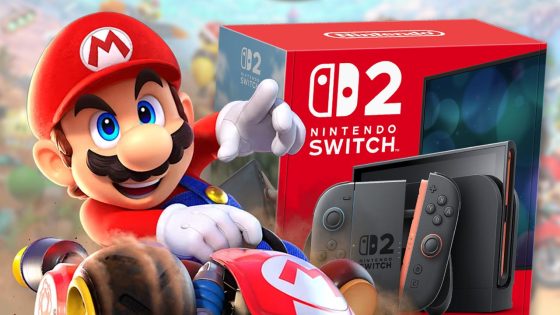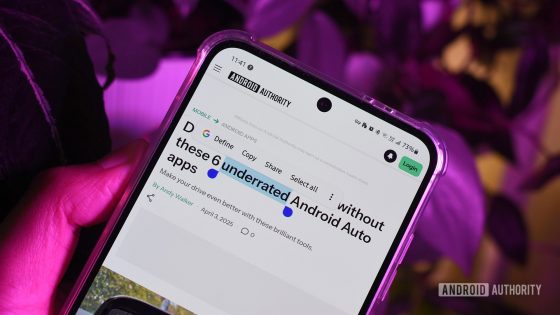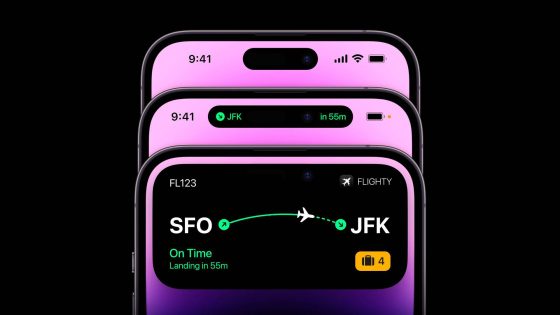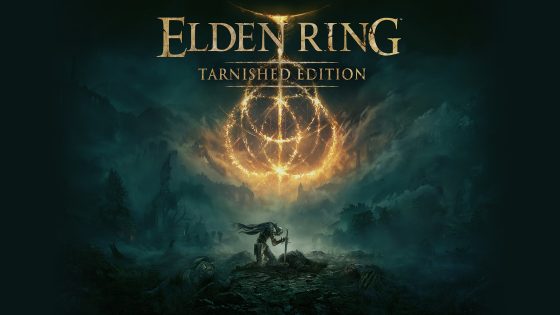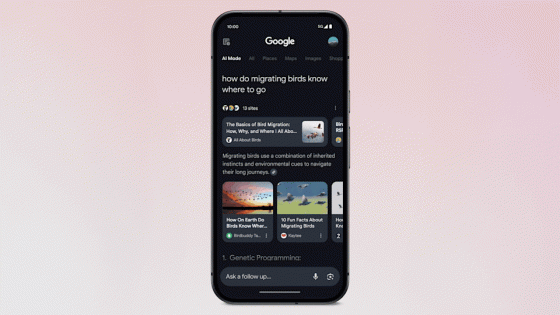The rise of the term “friendslop” has sparked a lively debate within gaming communities worldwide. Initially dismissed as a joke, this term highlights the dynamics of co-op games designed for social interaction. On July 17, 2025, the discourse intensified as more players began to engage with the concept, leading to a mix of mockery and genuine discussion.
- "Friendslop" term sparked social media discourse
- Viral tweets often misinterpreted humor
- Outrage culture drives online engagement
- Collective outrage distracts from serious issues
- Misrepresentation of AI impacts spreads quickly
- Positive social feedback reinforces outrage behavior
As the term gained traction, it became a catch-all for indie co-op games, prompting reactions across platforms like Twitter and TikTok. The phenomenon raises questions about how gaming culture reflects broader social dynamics. Is the backlash against “friendslop” indicative of a deeper issue within online communities?
This situation invites US to consider the implications of social media engagement. Are we allowing trivial terms to dictate our gaming experiences? The following points highlight the global implications:
- Social media can amplify trivial debates, overshadowing meaningful discussions.
- Online outrage often distracts from genuine issues within gaming communities.
- The popularity of co-op games reflects a growing desire for social connection.
- Engagement-driven platforms can distort perceptions of gaming culture.
As we navigate these discussions, it’s crucial to focus on the joy of gaming with friends rather than getting lost in the noise. Let’s celebrate the connections we build through play.





